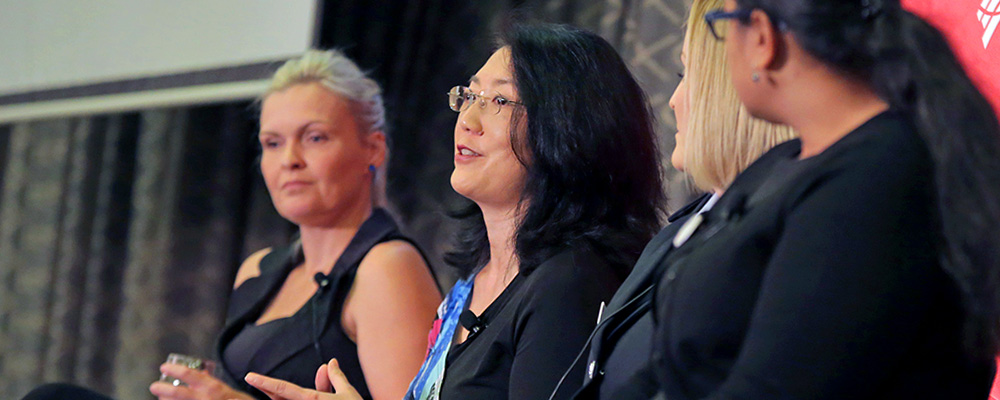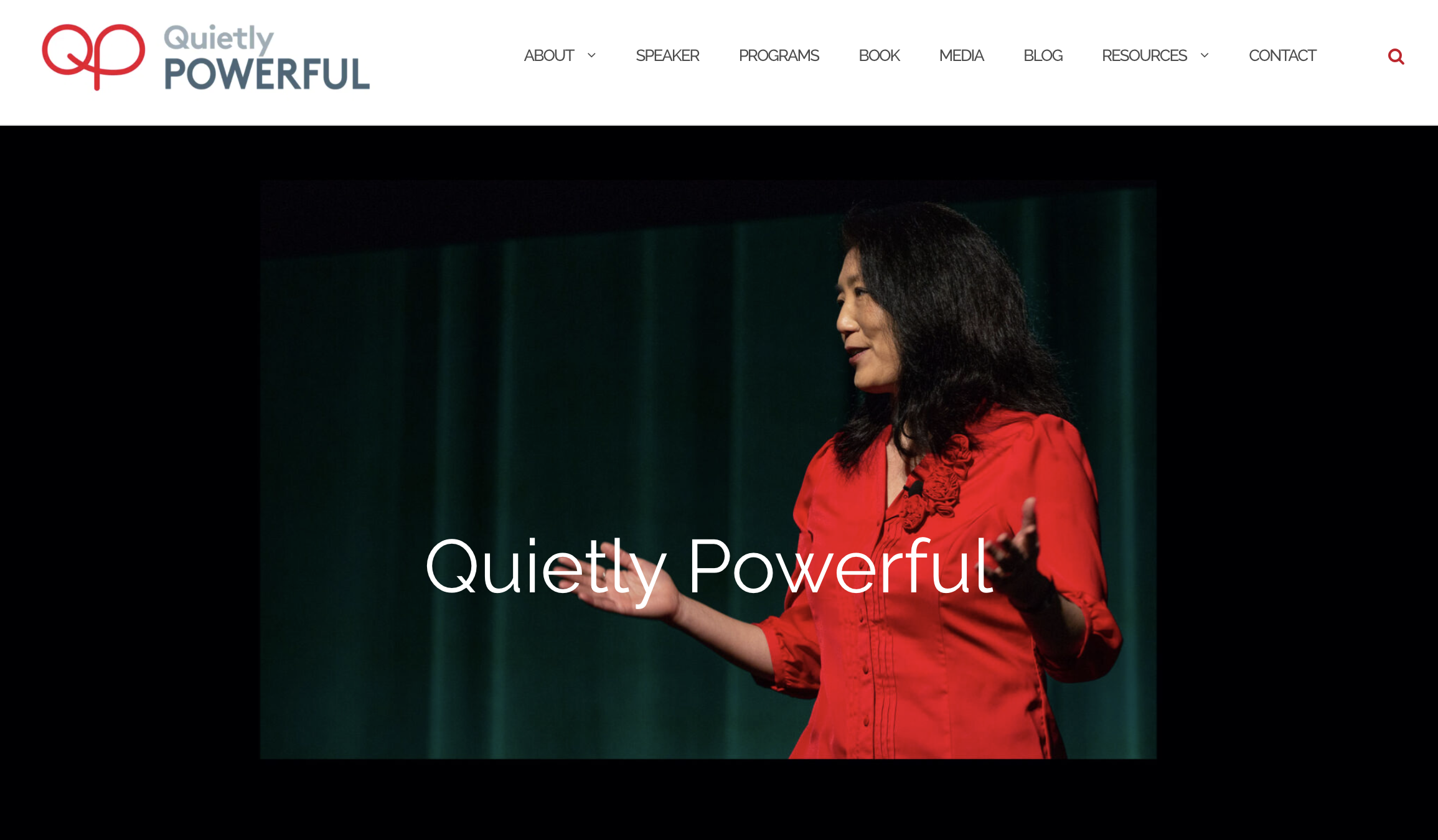My Blog
Why we tell ourselves "I can't" rather than "I can"
- Details
- Posted: 05 October 2016
How often do you notice your inner voice saying “I can’t” or “I can”? How much and how often do you hold yourself back?
While it’s easy for others to tell us “You can do it!”, “Just do it!”, “Feel the fear and do it anyway”, “Lean in” or “Believe in yourself” (See Don’t tell me to “Be more confident”), it’s much harder for us to deal with this inner voice. Sometimes we don’t even realise these inner voices are driving us.
One thing which has helped me over the years is to listen to these voices more closely and understand where they’ve come from. By understanding the inner voice we go beyond ‘appearing’ confident (see ‘Appearing confident’ is over-rated).
Conditioning: There have been many messages - what we can and can’t do, what we should and shouldn’t do - implanted in our minds over many years through family, school, friends, work colleagues, media and social context. Some of them are useful (eg. you should not be disrespectful to others) and others are limiting (eg. you should not stand up for yourself – because it’s disrespectful).
Self-consciousness: Some of us worry about what other people think more than others. Having concern for the impact you have on others is useful, but holding ourselves back in fear of others’ judgements is limiting. So many of us say “I can’t” in fear of looking stupid, being rejected, standing out, being excluded etc.
Self-confidence: Most of us are confident about some things and in some situations and not as confident in other things/situations. A deeper self-confidence – a sense that we can handle whatever happens – helps us to have a go and take action, even when we are not confident about specific things/situations. Low confidence and doubt can be helpful in being cautious and considered, but it can hold us back from taking any action at all. No action damages confidence over time, so it’s a vicious cycle.
While this challenge is relevant to both men and women, women are typically more challenged by the internal dialogue of “I can’t”. Sometimes we don’t even notice that this internal dialogue is going on. For example, girls are plagued by “should/shouldn’t” that turn in to “can’t” because they are more often told to ‘behave’ and ‘be good’, while boys are excused for ‘being boys’. A colleague was telling me about the difference he sees between his daughter and son – how his daughter would say “I can’t” more often than his son. While this is not always the case that women say “I can’t” more than men, research indicates that it is true more often than not.
According to research by Katty Kay and Claire Shipman in the Confidence Code, confidence is part genetic, part conditioning and can be developed. Amy Cuddy’s work on Presence also indicate that a confident presence can be developed. Just like developing any skill, confidence is something we can develop with deliberate practice.
How do you ensure you say “I can” more often? How are you supporting others to say “I can”?
With The Double Glazed Glass Ceiling, it’s important for quieter professional women to say “I can” more often. Join us for the two November Melbourne events on the theme of Building Your Confident Presence, brought to you by the Quietly Powerful Women’s initiative.
1) Speak Out! Powerful use of voice half day workshop by Richard Lawton. 9th November 9:00-13:00. When you register for the voice workshop you will get a code to attend the confidence breakfast for free.
2) QPW breakfast on practical confidence building. 22nd November 7:30-9:30. Group discounts available for 5 or more people – please email This email address is being protected from spambots. You need JavaScript enabled to view it. for details.
Quietly Powerful Women’s breakfasts are still available. October events are booking out fast in Melbourne and another event is planned for Sydney. Please join us for, or tell others about the Melbourne breakfasts and the waitlist for Sydney breakfast to be informed of future events.


